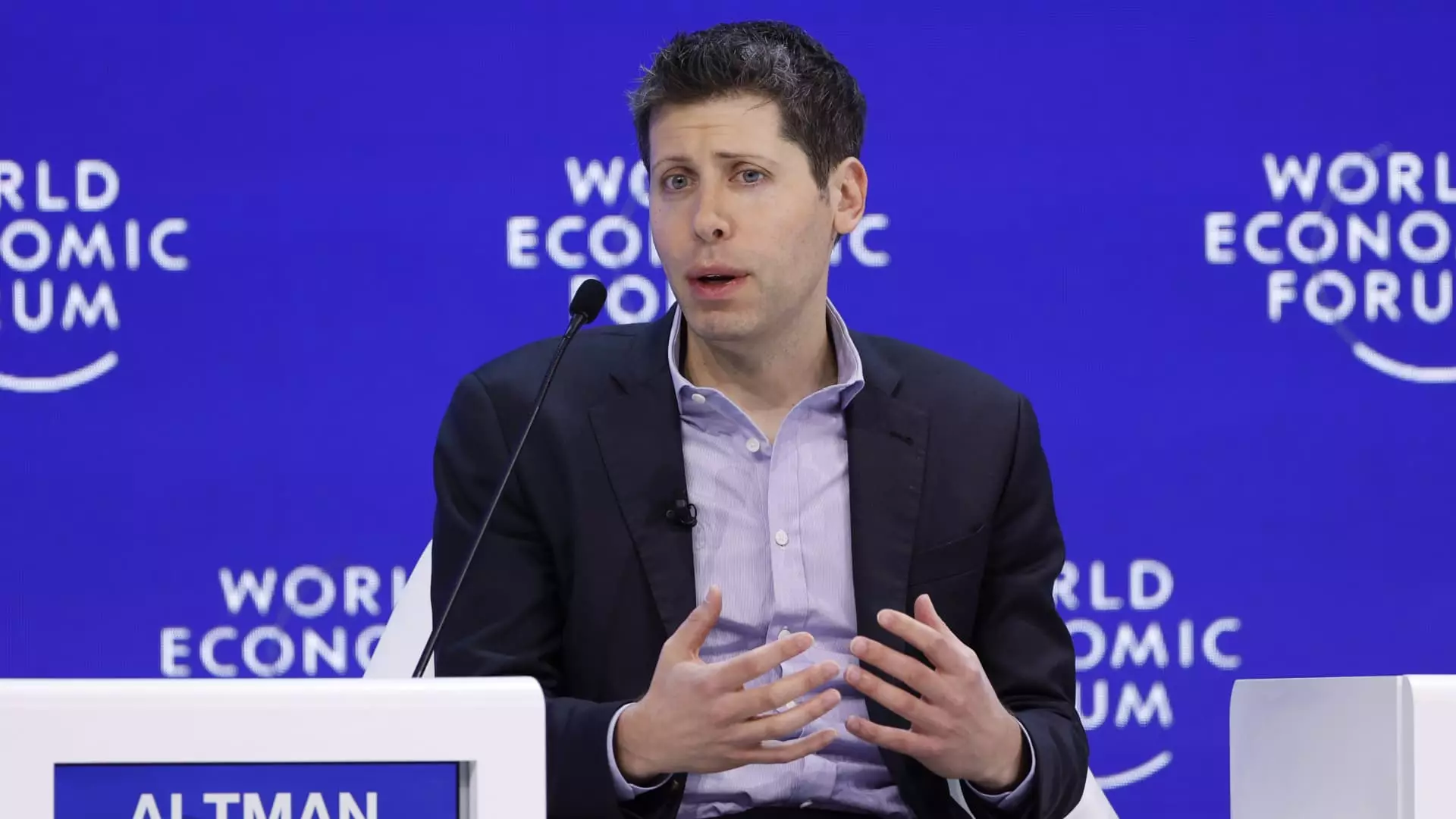The rapid advancement of technology has brought about both positive and negative effects on various industries, including the publishing industry. Recently, eight U.S. newspaper publishers filed a lawsuit against Microsoft and OpenAI, alleging that their articles were being used without permission in AI products. This has raised concerns about the impact of artificial intelligence on newspaper publishers and their ability to protect their copyrighted materials.
The group of newspaper publishers, which includes well-known publications such as the New York Daily News, the Chicago Tribune, and The Denver Post, claimed that AI models like ChatGPT and Microsoft's Copilot have been reproducing their copyrighted articles without consent. These AI models, according to the complaint, are generating text that closely resembles the publishers' works, leading to inaccurate attribution of information. This has sparked a legal battle over intellectual property rights in the digital age.
OpenAI, the organization behind GPT-2 and GPT-3 language models, has been accused of using data sets containing text from newspapers to train its AI models. As a result, these AI models can produce text that mimics the style and content of the publishers' articles. Microsoft, on the other hand, is alleged to be incorporating information from newspapers into its Bing search index, which in turn influences the responses generated by Copilot. This has raised questions about the ethical and legal implications of using copyrighted materials in AI technologies.
The lawsuit highlights the challenges faced by newspaper publishers in the digital age. As AI technologies become more sophisticated, there is a growing concern that copyrighted materials could be easily replicated and distributed without proper authorization. This not only jeopardizes the financial interests of publishers but also undermines the credibility and integrity of their journalism. Moreover, the lack of direct links to newspaper websites in the search results generated by AI models can impact publishers' ability to generate revenue from advertisements and subscriptions.
Both Microsoft and OpenAI have yet to respond to the allegations made by the newspaper publishers. However, this is not the first time that OpenAI has faced legal challenges regarding copyright infringement. The case involving The New York Times and OpenAI's ChatGPT chatbot sheds light on the complex relationship between technology companies and media organizations. While OpenAI has expressed its commitment to supporting a “healthy news ecosystem,” the lawsuit underscores the need for clearer guidelines on the use of copyrighted materials in AI applications.
The lawsuit filed by eight U.S. newspaper publishers against Microsoft and OpenAI raises important questions about the impact of artificial intelligence on the publishing industry. As AI technologies continue to evolve, it is essential for stakeholders to address the ethical and legal implications of using copyrighted materials in AI applications. This case serves as a wake-up call for both technology companies and media organizations to collaborate on developing sustainable practices that protect intellectual property rights while fostering innovation in the digital era.

